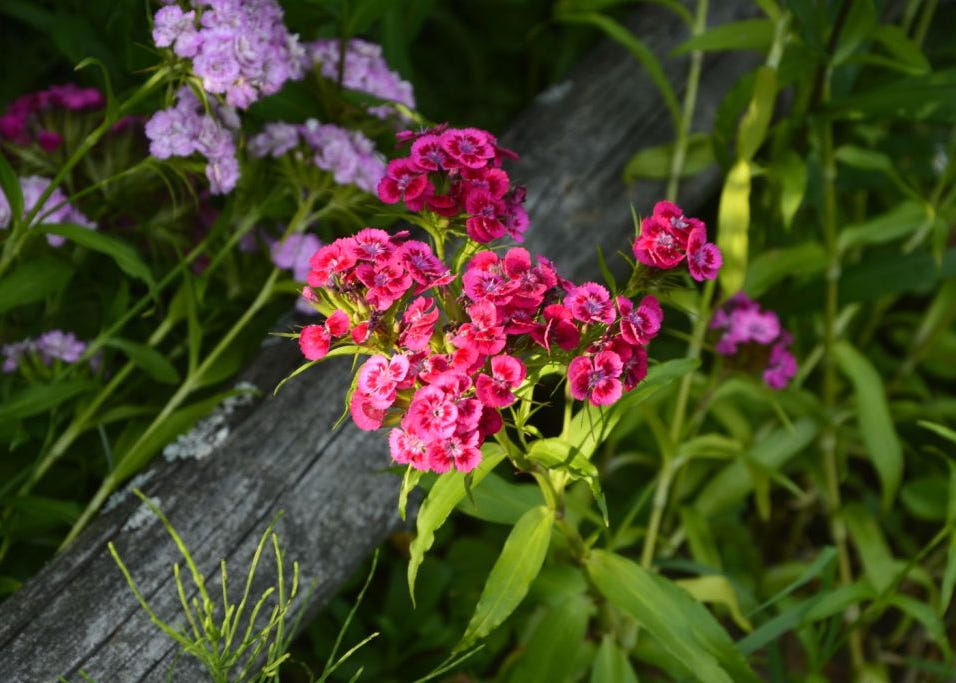
I recently read a phrase by Andrea Gibson: “The parts of my life that have threatened to sink me were the parts that awoke me to my capacity to sail.” It resonated deeply with me, because I always believed that difficult times make you stronger and build character. They do, but they also weaken you in ways you don’t expect. My adulthood had too many traumatic events, and I have only recently started to acknowledge and accept the consequences. My physical and mental health suffered the most, and it influenced everything in my life: the ability to work, to feel, and to live fully.
Looking back, I realize that I’m not unique and that every generation in my Belarusian and Ukrainian husband’s families went through endless hardship, loss, and suffering. They found the strength to persevere, but this strength had a price: a deep trauma that affected everyone in the family. Escaping to the U.S., I thought I would be freed from the traumas of the past, only to see them awakened by the Russian invasion of Ukraine. The first shock quickly changed to burning anger. I realized that despite growing up in censored Belarus and being taught the Russified history, my mind and body always carried inside the memory of the abuse my ancestors went through and a clear understanding of who caused it. People who experienced the same called it a rage of generations.
The more I thought of my family history and the never-ending bad streaks in life, the more I realized that it didn’t happen because of bad luck. It happened because of the systemic abuse, centuries-long oppression, and the stealing of wealth and opportunities, which were carried out by Russians. It severely affected and continues to affect the future and well-being of many generations. Besides the obvious outcomes, such as low quality of life, it affects people on a personal level. It affects both physical and mental health and life expectancy. It facilitates the development of alcoholism and chronic illnesses. It makes some people trapped in the victim's mindset, while others become abusers themselves. It breaks families. It significantly affects self-esteem. It makes people stuck in poverty. It becomes a cycle which is very hard to break. So, when I see how Western people romanticize the Soviet Union and Russian culture, I feel a rage of generations burning in my blood. When I hear Russian authors and opposition leaders say that all of us are one people who suffer equally, equating victims and aggressors, my rage has no limits.
Propaganda, media bias, political games, and disinformation make people doubt everything they see and confuse truth and lies. In this whirlwind of noise and manipulations, my rage became my compass. It clearly shows what is right and what is wrong. No matter how much Russians try to meddle in people’s minds, my rage lets me see clearly. That’s why people from the countries oppressed by Russians became the voice of reason in the world of appeasers and grifters. The rage that so many privileged people call “hate” and shame those who experience it became the force that fights Russian evil and restores justice and peace.
I’ll finish with a poem I wrote this week:
A letter to those living in ivory towers Don’t diminish my rage by calling it hate. Don’t shame me for being brave to resist. If my rightful anger makes you afraid, maybe you are on the wrong side of history.
Warmly,
Darya
Email: daryazorka@substack.com
Follow me on Instagram
Follow me on Twitter
Shop my art on Etsy
Watch the “20 Days in Mariupol” documentary
Watch Frontline PBS documentaries on Ukraine
Donate to help Ukraine: UKRAINE DONATION GUIDE 2024




It's seems like I never stop cycling through these very same thoughts, these very same words, these very same realizations. Your poem reminded me of something I wrote last week, which I share in solidarity:
"A friendly reminder to all those who still have lives left to live,
This won't end until it is ended."
This is probably your best poem. Especially those first two lines. I remember when I saw you share it on twitter. I thought the same then.
🫂